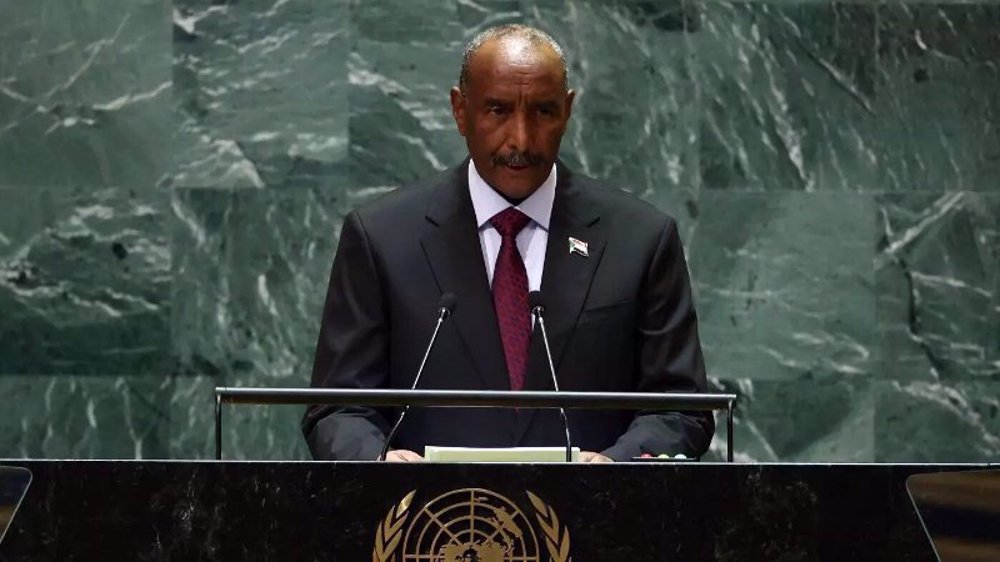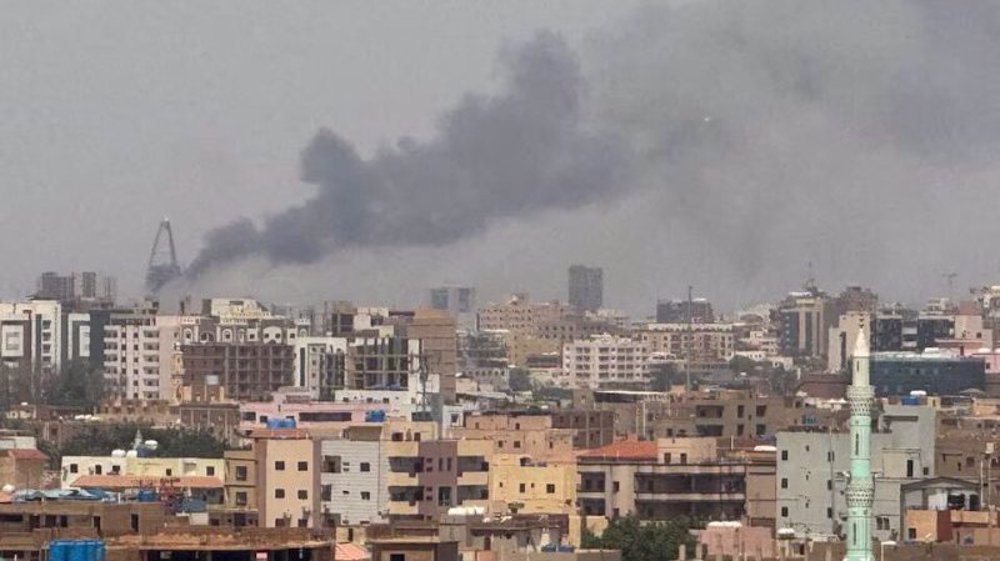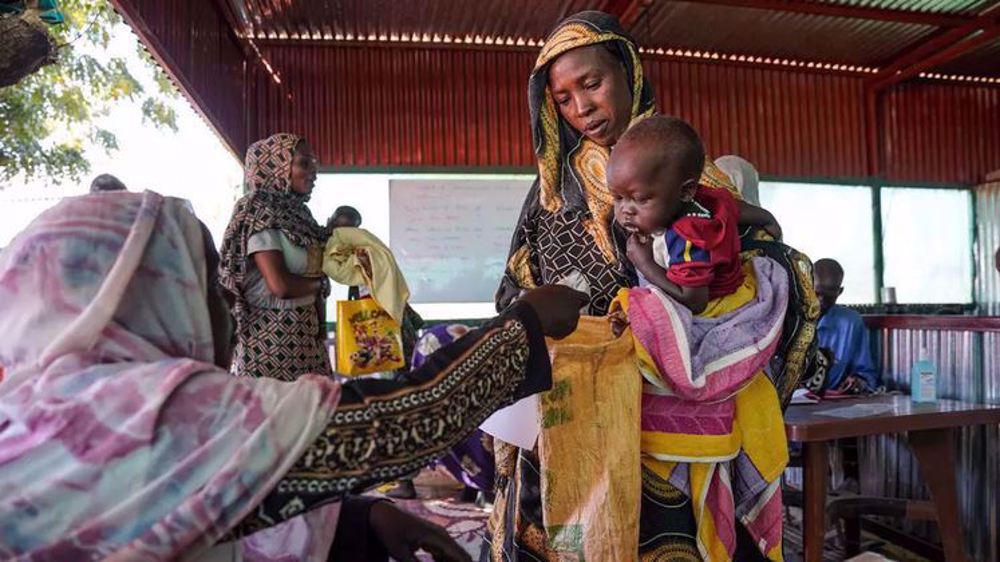Sudan’s opposition groups call on Bashir to step down
Sudan’s main opposition groups have jointly demanded the resignation of President Omar al-Bashir over deteriorating living conditions in the African country, which has been the scene of numerous anti-government rallies over the past two months.
In their first joint press conference, 17 political parties, trade unions, youth movements and civil society groups threw their weight behind Sudan’s opposition Freedom and Change Coalition, of which the Sudanese Professional Association (SPA) is a leading component.
SPA, an umbrella group of unions representing doctors, teachers, and engineers, has led calls for protests since December 17, when an anti-government campaign erupted over price hikes and shortages of food and fuel.
The demonstrations first erupted in the farming town of Atbara after cash-strapped Khartoum cut a vital subsidy on bread and tripled its prices.
The move infuriated people and triggered protests, which swiftly mushroomed into nationwide anti-government rallies, particularly in the capital and its twin city of Omdurman.
That initial public display of anger quickly spiraled into calls for Bashir, who took power in 1989 through a military coup, to step down.
At their joint press conference in Omdurman, the opposition groups signed an agreement to work together toward urging the government to resign and pave the way for a four-year transitional governance followed by elections.
“We have decided on the program that would take place after the regime falls and (will) hold a constitutional dialogue conference at the end of the transitional period to decide how Sudan will be ruled,” said Mohamed Mokhtar al-Khatib, the general secretary of the Communist party.
Some 200 members of the opposition groups which had attended the joint presser chanted “Down, that’s it!” – one of the main rallying cries of the protest rallies.
Mohamed al-Mustafa, a leading member of SPA, also addressed the demonstration held following the event and said that all signatories of the agreement would not by any means spare any effort to oust Bashir.
“Today we are stronger than ever before. Numerous Sudanese stakeholders have joined us,” al-Mustafa stressed, adding, “We will work together to bring down this regime and create the democracy that our people deserve.”
The country’s National Intelligence and Security Service (NISS) has reportedly been carrying out a crackdown on protesters, opposition leaders, activists, and reporters in an attempt to prevent the spread of the rallies, which are viewed as the biggest threat to Bashir’s 30-year rule.
Official figures say 30 people, including some security agents, have lost their lives since the onset of the rallies. Some rights groups say at least 51 people have died so far.
The president has remained defiant, addressing loyalists at a number of rallies across the country and seeking support from regional allies.
On Wednesday, Bashir held his own rally in Khartoum and called for peace.
“We reaffirm that this year 2019 will be the year of peace and the permanent silencing of the rifle in Sudan, and there is a will to continue peace in Sudan and convince the other side of the utility of peace,” he said.
The country’s security forces have so far used tear gas, stun grenades and live ammunition to break up demonstrations, and detained hundreds of protesters and opposition figures.
Bashir and other senior Sudanese officials have repeatedly said that the government can only be changed through elections. The 75-year-old veteran leader is considering running for a third presidential term in next year's elections.
Sudan has been struggling with a worsening economic crisis, including a serious shortage of foreign currency. The cost of some commodities, including medicines, has more than doubled and inflation has hit 70 percent. A growing lack of food and fuel has also been regularly reported across several cities, including Khartoum.
Israeli strike on Lebanon kills at least 15 people
Israeli forces kill 7 more Palestinians in West Bank
VIDEO | US presidential election
Netanyahu fires military affairs minister Gallant
Hezbollah attacks turn Israel’s Haifa into a ghost town
Iran’s FM meets Pakistani PM, discusses bilateral ties, Israeli atrocities
Iran ramps up gasoline output amid rising demand
UK foreign secretary under pressure over denial of genocide in Gaza















 This makes it easy to access the Press TV website
This makes it easy to access the Press TV website